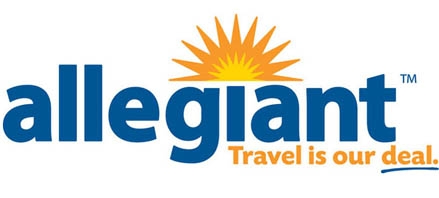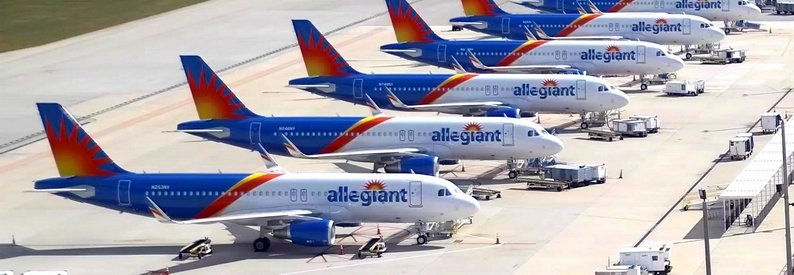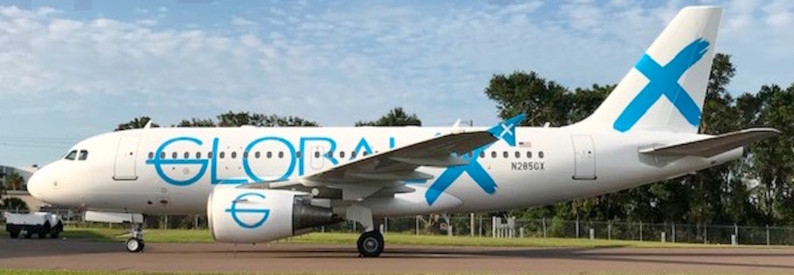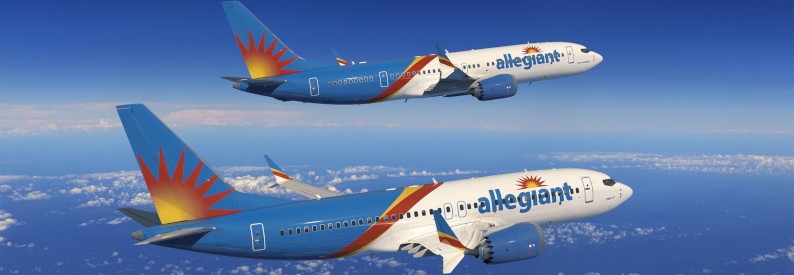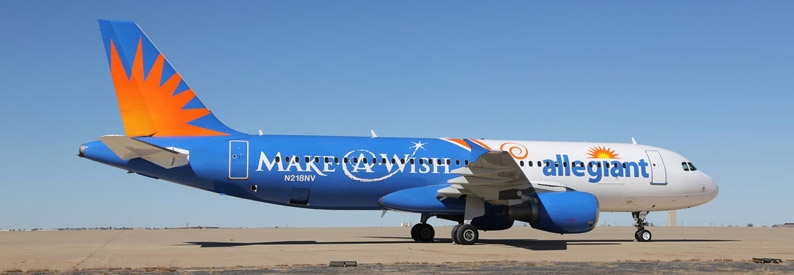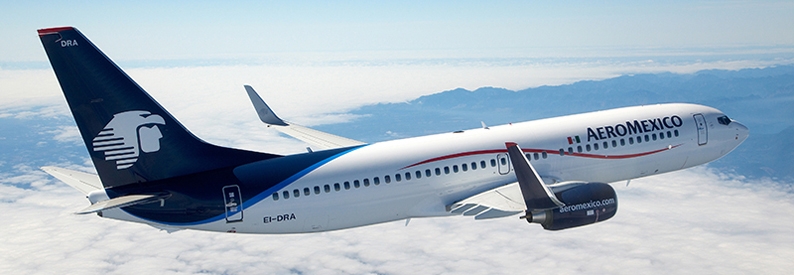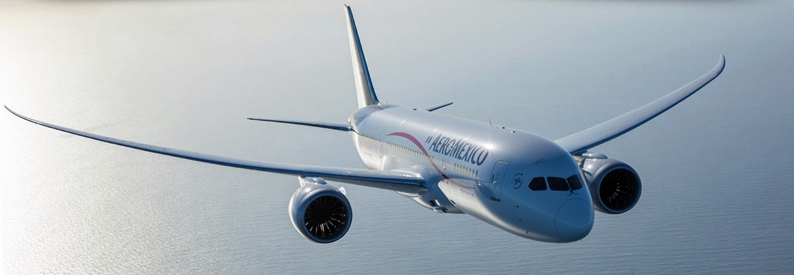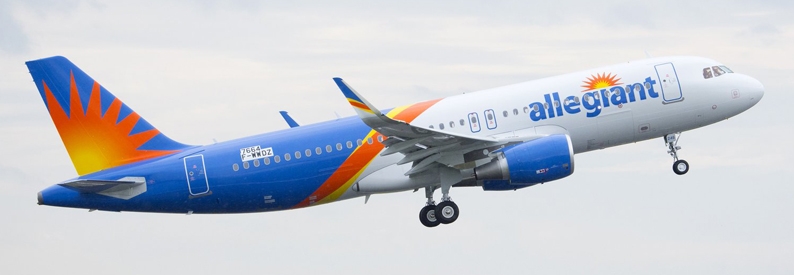The chief executive officers of Allegiant Air (G4, Las Vegas Harry Reid) and Frontier Airlines (F9, Denver International), Greg Anderson and Barry Biffle, have called on the US Senate Judiciary antitrust subcommittee to overhaul the country’s gate allocation system, arguing that doing so would help boost competition among carriers.
Testifying on September 30, Biffle and Anderson said that many airport gates remain effectively locked up by dominant carriers, leaving limited room for smaller rivals. Both carriers are members of the newly formed Association of Value Airlines (AVA), alongside Avelo Airlines, Spirit Airlines, and Sun Country Airlines, established in June 2025.
To address the gate issue, Biffle urged the subcommittee to seek the advancement of “use it or lose it” rules, similar to those employed for the allocation of slots at constrained airports. Both CEOs said there should be better common-use requirements, with at least one third of new gates designed as such, meaning any airline can operate from them, not just the biggest incumbent.
Anderson said that the US Congress could pass the Airport Gate Competition Act or similar legislation and empower the Department of Transportation (DOT) to require that any application for a terminal project at large hub airports designate at least 33% of gates and other spaces as common use.
The two CEOs were among the witnesses who testified before the subcommittee, alongside Sharon Pinkerton, senior vice president at Airlines for America, which represents United Airlines, Delta Air Lines, American Airlines, and Southwest Airlines, among others.
In her testimony, Pinkerton argued that the biggest threat to a healthy and competitive airline industry is an outdated air traffic control (ATC) system. Airlines for America commended the US Congress for the USD12.5 billion down payment for a new ATC system and urged a coordinated approach to ensure the Federal Aviation Administration (FAA) delivers safety and efficiency benefits from that investment to the travelling and shipping public.
Biffle further highlighted wider barriers to competition, including slot allocation - citing Frontier’s recent lawsuit against the DOT over Washington National slots - along with the competitive edge large airlines gain through frequent flyer schemes and co-branded credit cards, the 1,500-hour pilot training requirement, and restrictive interline re-accommodation agreements.
Allegiant's CEO concurred with Airlines for America in pointing out ATC modernisation as a priority. Anderson also urged Congress to allow more joint ventures, tailored to the value airline model, like the one it seeks with Viva (Mexico), to pass “smart regulation” that focuses on safety, and avoid “prescriptive regulation that reduces choice and value for consumers.”
